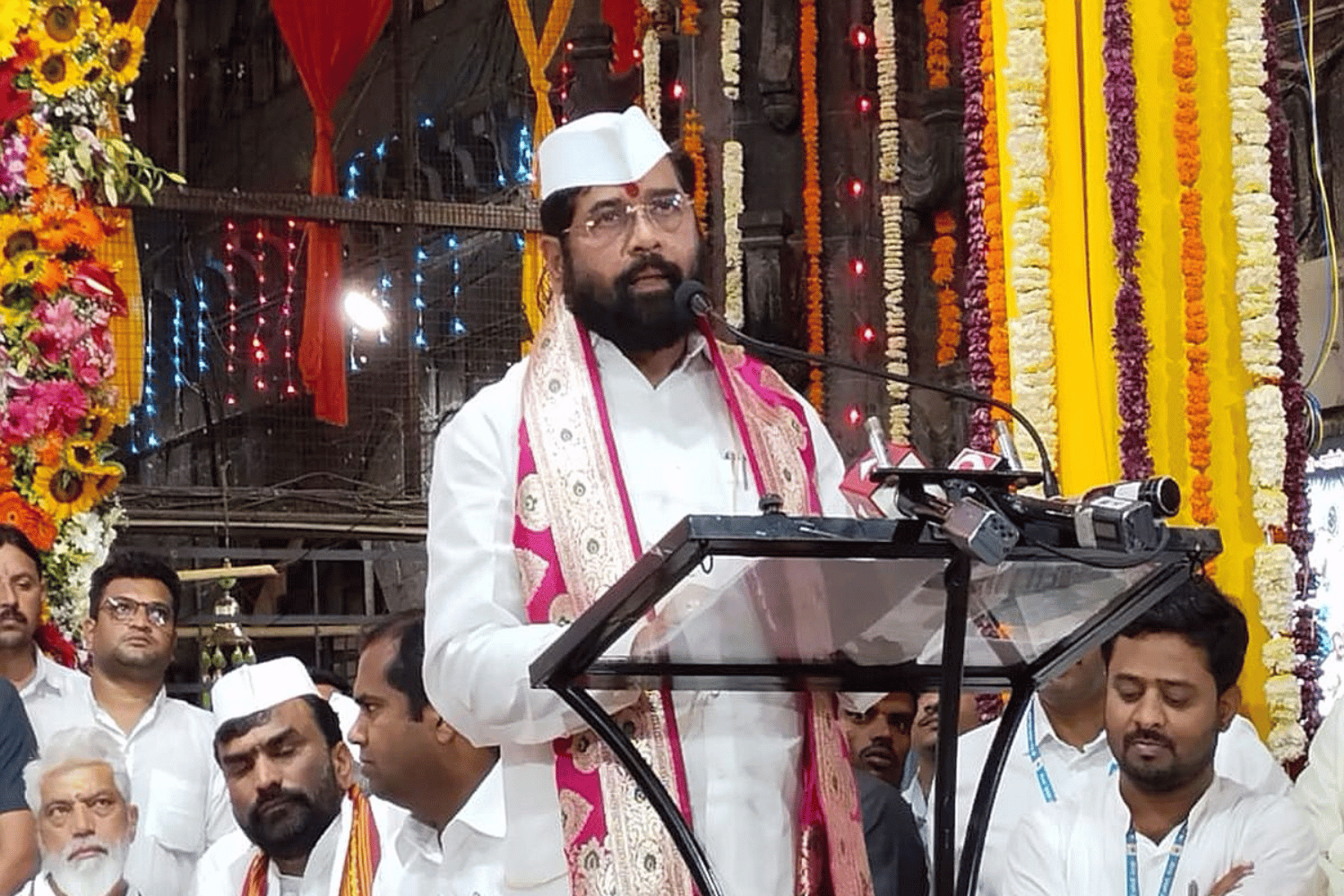_(1).webp)
An Overview of Technical Assessments to Evaluate Freshers Before Hiring: Insights from a CHRO
_(1).webp)
As the Chief Human Resources Officer (CHRO) of a leading company, I often field questions about the critical role of technical assessments in our hiring process, particularly for freshers. Recruitment has evolved significantly, and incorporating technical assessments has become crucial in identifying top talent and making informed hiring decisions. Here’s a closer look at why technical assessments are indispensable:
1. Verifying Candidate Claims
A resume offers only a glimpse of a candidate’s abilities. Technical assessments provide a deeper, more accurate picture of their skills, qualifications, and educational background. These assessments go beyond hard skills, uncovering additional competencies that candidates might not have highlighted, thus offering a comprehensive view of their capabilities.
2. Determining Alignment with the Role and Company
Technical assessments evaluate both technical prowess and soft skills, offering insights into how a candidate might perform in their role and fit within our organizational culture. This dual evaluation ensures that new hires are not only technically adept but also aligned with our company values and work environment.
3. Expediting High-Volume Campus Hiring
During high-volume campus hiring periods, technical assessments streamline the screening process, allowing us to swiftly identify top candidates from a large pool. This efficiency reduces the recruiters' workload and ensures that only the most promising candidates advance to the next stages of the hiring process.
4. Differentiating Candidates
When candidates have similar qualifications and experiences, technical assessments provide a quantitative basis for comparison. This differentiation is crucial for making informed decisions, particularly when choosing between two highly qualified individuals. The numerical values from these fresher assessments offer a clear, unbiased measure of each candidate’s capabilities.
5. Enhancing the Candidate Experience
Technical assessments enhance the candidate experience by offering an engaging way for them to showcase their skills. These assessments often allow candidates to learn and improve through the process, benefiting them and attracting proactive individuals eager to develop their skills.
What Do Technical Tests Cover?
The content of technical assessments varies across industries and roles, but typically includes the following components:
- Mechanical Reasoning: Measures understanding of mechanical and physical concepts, essential for technical and engineering positions.
- Spatial Reasoning: Assesses the ability to comprehend spatial relations, common in technical, engineering, and entertainment industries.
- Visual Acuity: Tests the ability to discern details from a distance, important in healthcare, technical, and engineering fields.
- Verbal Comprehension: Evaluates understanding of language, crucial in customer support, media, and public relations.
- Numerical Reasoning: Measures the ability to analyze data and make logical conclusions, widely used in retail, engineering, accounting, and finance.
Types of Technical Assessment Tests
Different roles require different types of technical assessments, including:
- Coding Tests: Timed and automated tests to evaluate coding skills and knowledge of algorithms and data structures.
- Online Assessments: Broad evaluations of technical and soft skills tailored to specific roles.
- Take-home Technical Assessments: Allow candidates to work on coding tasks using their own equipment, often including real-world application scenarios.
- Technical Interviews: Interactive sessions where candidates solve problems and discuss their thought processes with interviewers.
Tools Used for Technical Assessments
To maintain consistency and reliability, various tools are employed in technical assessments:
- Objective-type Questions: Assess industry-specific knowledge through multiple-choice, fill-in-the-blank, true/false, and short essay questions.
- Caselets: Present scenarios with multiple options, testing analytical and problem-solving skills.
- Case Study Simulations: Real-world discussions to evaluate problem-solving and critical thinking abilities.
Tips to Prepare for Technical Assessments
Candidates can enhance their readiness for technical assessments by:
- Reviewing the Basics: Reinforcing foundational concepts is crucial, especially for newcomers or those re-entering the industry.
- Taking Practice Tests: Identifying strengths and areas for improvement through practice.
- Studying Complex Concepts: Staying updated with industry trends and mastering complex topics.
- Learning Technical Terminology: Familiarizing oneself with industry-specific terms to improve comprehension and analysis of questions.
Let’s Sum up -
Incorporating technical assessments into the campus hiring process is not just a trend but a necessity in today’s competitive job market. They provide a robust framework for verifying candidate claims, aligning skills with job requirements, streamlining the hiring process, differentiating between candidates, and enhancing the overall candidate experience. For companies aiming to build a talented and dynamic workforce, technical assessments are an invaluable tool in the recruitment arsenal.
By leveraging these assessments, we ensure that our new hires are well-equipped to thrive and contribute to our organization’s success from day one.
***************



.webp)
